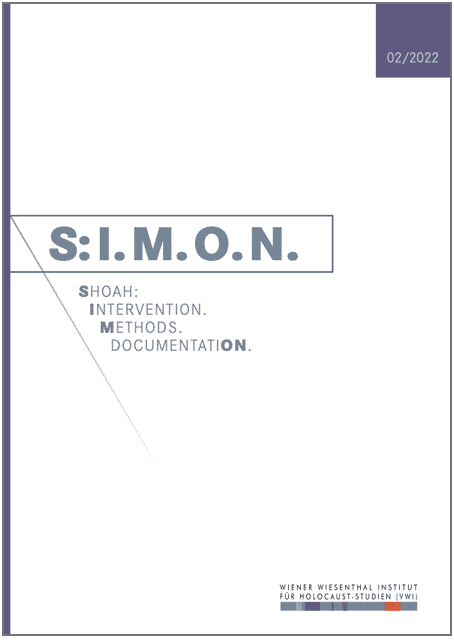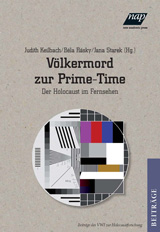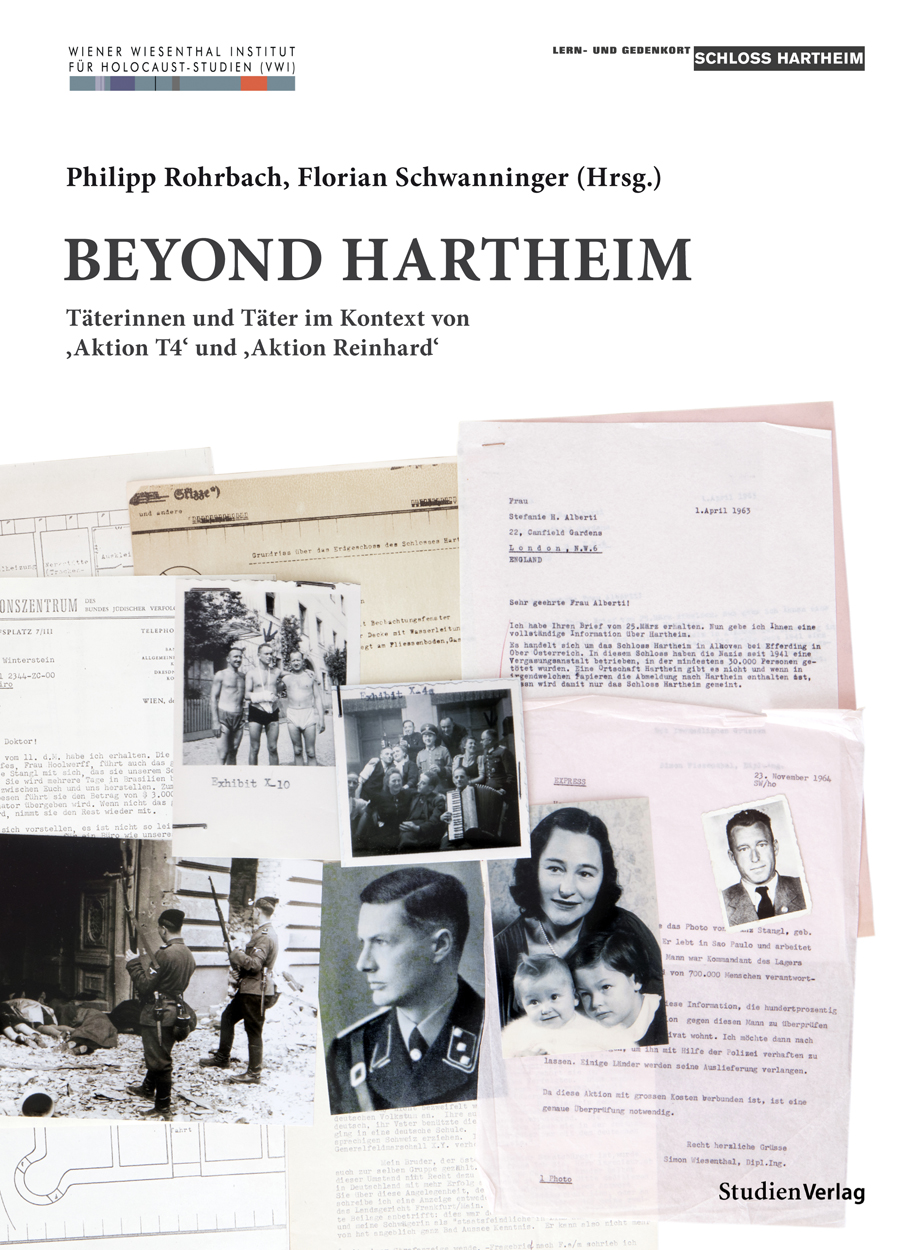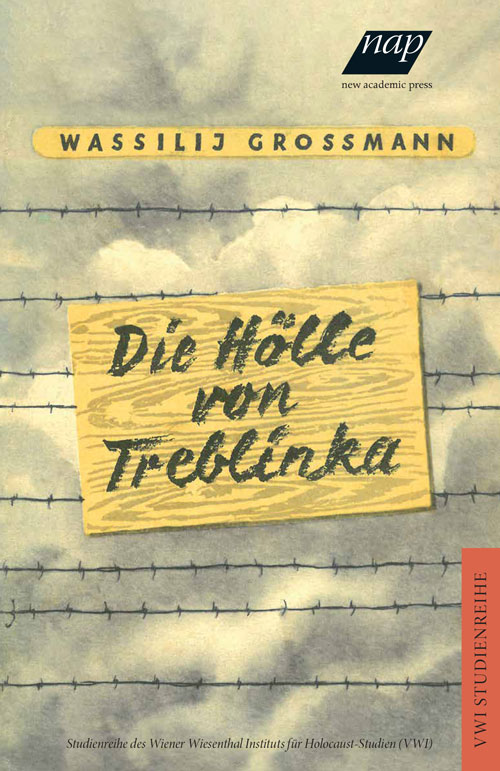Simon Wiesenthal in Quotations
1
After my liberation fifty years ago, I took up the struggle for justice, to which I brought a positive premise: I was neither a hater nor a fanatic. This disposition allowed me to endure my work over five decades without being disturbed by negative feelings. For many years, my motives were misconstrued or deliberately misunderstood, and I was portrayed as a hater and a malevolent avenger in neo-Nazi writings. I have always regarded my work as a contribution to atonement toward the victims of crimes committed based on hatred.
Soon after beginning my work, I adopted two principles – and today I note with satisfaction that I adhered to these principles, and was able to observe the validity of these principles, ever since. The first principle is: “first truth, then justice”, and the second is: “information is resistance”.
2
Survival is a privilege entailing responsibility. I have always asked myself what I could do for those who did not survive. The answer that I found for myself (and which by no means must be the answer for every survivor) is: I want to be their mouthpiece, I want to keep their memory alive, so that the dead can live on in this memory.
3
Yet we, the survivors, are not only responsible toward the dead, but also toward the coming generations: We must pass on our experiences to them so that they might learn from them. Information is resistance.
It is not enough to preserve everything in books, because a book can by contrast to a person not be interrogated. A witness must be a “living” witness. This is why I always admonished at survivors meetings at which I spoke: “You have children, you have grandchildren, your neighbours have children – you must speak with them. You must tell them everything that you experienced, and provoke their questions, so that they can in turn tell of these experiences. It is only in verbal narration that memory stays alive.”
4
I sometimes ask myself whether I should choose words for my lectures that will move my audience to tears. However, I think that makes things to easy. Tears flow quickly – a kitschy film in the cinema on the next corner suffices for this. What I want to induce is knowledge of the horror and knowledge of the danger. I do not want my audience so much to be impacted here and now, but rather for this impact to be evocable throughout their entire lives. So I do not only tell them that many cities in Europe had by the end of the war been razed to the ground and were strewn with corpses, but I tell them also that these cities were rebuilt and that life there goes on. Yet they should know when they visit Coventry and Dresden, Nuremberg and Frankfurt, that these new houses were built on the rubble of yesterday. When they stand at a train station and look forward to a trip to the East, they should think now and then about the trains that rolled through this same station heading East with hundreds of thousands destined for death. In fact, it would be appropriate to hang signs in each of these stations stating: “From 1942 to 1945, trains passed through this station day by day with the sole purpose of leading people to extermination.” One cannot mount these signs everywhere – but one can keep them in mind.
5
People can only conclude: “Life goes on.” One probably cannot live with the constant awareness of fifty million dead, including six million murdered Jews, or one would go mad. And yet it sometimes strikes me as equally mad that only a few decades later one can act as though this mountain of corpses had never existed.
6
Since our liberation, we are burned children; like seismographs, we react to convulsions in relation to the violation of human rights. We take a stand on events that happen on other continents thousands of kilometres away, because we believe that we must transmit the consequences of our experiences to all humankind. This is all the more reason for us to take a stand on the violation of human rights in the world and to identify ourselves with the downtrodden, the degraded, and those imprisoned for their convictions.
[...]
Concerning resistance, we must distinguish between two concepts, namely the duty to resist and the right to resist. I believe that these two concepts complement each other. Experience shows that when the duty to resist is practised against the violation of human rights from an early stage, at the first signs of trouble, it is later no longer necessary to appeal to the right to resist. The deplorable past to which we were witnesses and the consequences of which we endured on our own bodies have bestowed upon us the responsibility to draw the proper conclusions.
[...]
Where does the duty to resist begin? [...] It begins wherever injury to human beings begins through the violation of their rights. If people resist from the very beginning, then they later have no need for a heroic struggle. For those who violate human rights are always a minority and one must show them in good time, before it is too late, the limits of their power.
In many cases, the courage of one’s conviction predicates that one speaks one’s mind openly. Naturally, in democratic countries, where there is a right to freedom of expression, one can do so easily, and one should do so. Our own inertia should not enable those in power to get accustomed to public opinion going to sleep.
[...]
The more non-conformists there are, the more difficult it becomes for dictators.
7
I have spoken to students in some hundred universities in the United States and in Europe about the problem of freedom and dictatorship. Many young people today would like to fight against the Gestapo, against the SS, against Hitler, they want to save the Jews from extermination and prevent the world war. These are heroic goals. However, where they live there is no Hitler, no Gestapo, and no SS. They must understand that all of this did not exist in the thirties either, that it grew, at first slowly and innocuously, but then ever faster. Until it was too late.
This is way one must fight from the outset. I tried to tell them: “You must take a stand against the small injustices – this sometimes requires just as much courage of conviction as the fight against great injustice. When someone looks away when their colleague at work is being denigrated without reason, and is perhaps even glad because now he or she can clamber into their position, then he or she is acting no differently than those who looked away when the Jews were forced to scrub the pavements and who were glad when they get to move into their now empty apartments. I believe that the people who offered the great resistance then are offering the small resistance today.
When someone today only wants to offer the great resistance against Hitler, then I suspect that they wish to avoid the small resistance against the injustice of today.
8
Although I always hope that we learn from history, I fear at the same time that we cannot learn anything new and always repeat the same mistakes under new circumstances. This includes our view that democracy should not immediately flex all its muscles to fight fascist groups. This includes the fact that we fear employing justice against injustice.
9
In a television discussion I once said: “Hitler did not only murder millions of Jews and millions of his enemies, he also morally destroyed millions of Germans and millions of Austrians. – And that will last for generations. Numbering among the victims is terrible – but it is even more terrible to number among the perpetrators.
The children of those who counted among the victims under National Socialism and the children of those who belonged to the perpetrators live in Austria and Germany side by side and must live with each other. How can we shape this living together in such a way that never again will there be a generation of perpetrators and victims? I believe that there is no other solution than to constantly engage with the past and to learn from it. There is no point in playing down guilt in order to make it easier for sons and daughters to bear the failure of their fathers and grandfathers, mothers and grandmothers. All of this guilt has evidently got to be – only then can all of this guilt be understood.
References
Simon Wiesenthal, speech on the occasion of receiving the Honorary Award of the Austrian Book Trade for tolerance, 6 November 1995 (source: Documentation Centre of the Association of Jewish Victims of the Nazi Regime)
Simon Wiesenthal, Widerstand und Menschenrechte (Resistance and Human Rights), typescript (source: Documentation Centre of the Association of Jewish Victims of the Nazi Regime)
Simon Wiesenthal, An junge Menschen (To Young People), cited in: Recht, nicht Rache. Erinnerungen, Frankfurt am Main/Berlin 1988, 429-442 (chapter XLVIII)
Selection of Extracts
Rosa-Maria Austraat, Avshalom Hodik, Lothar Hölbling, Sabine Loitfellner, Ingo Zechner










